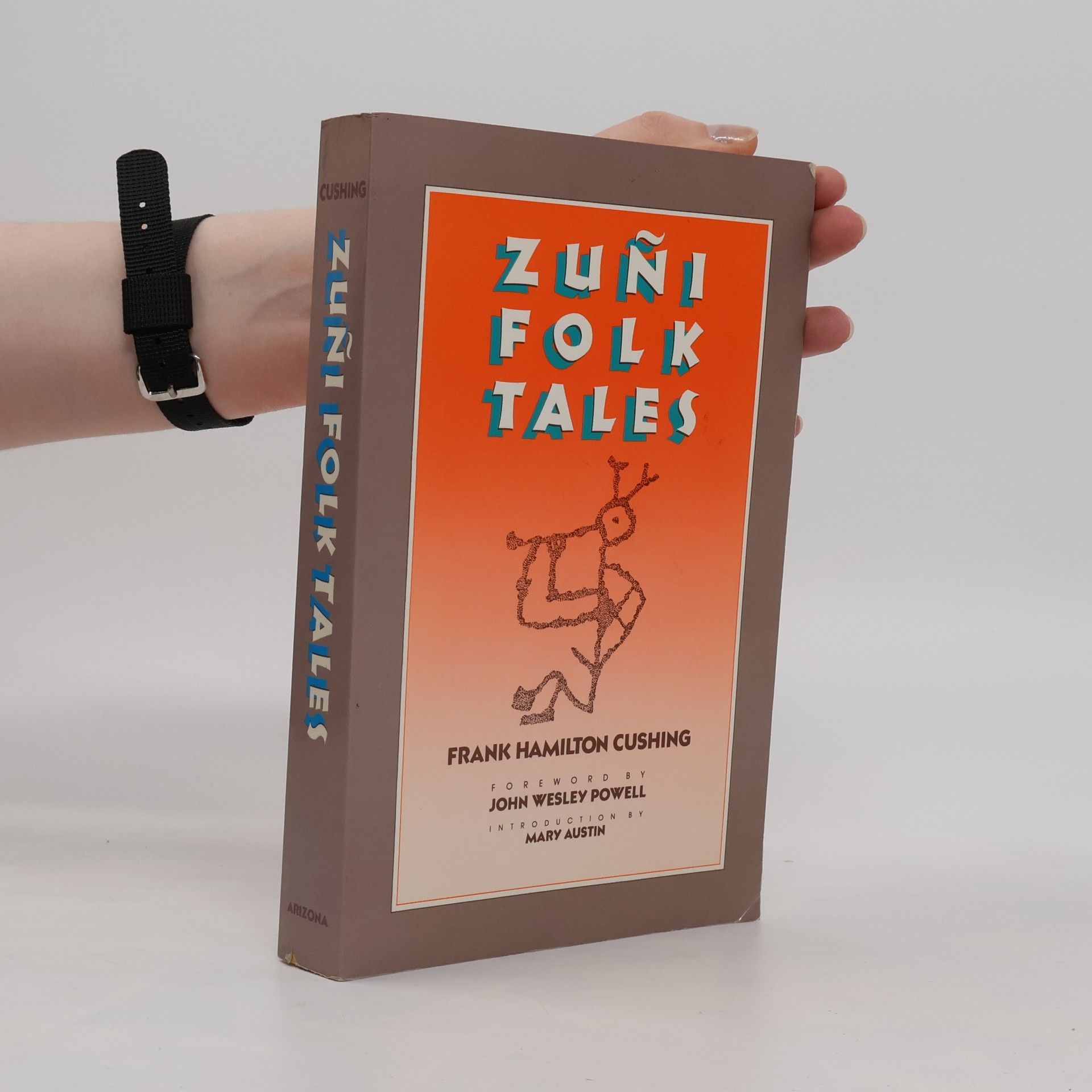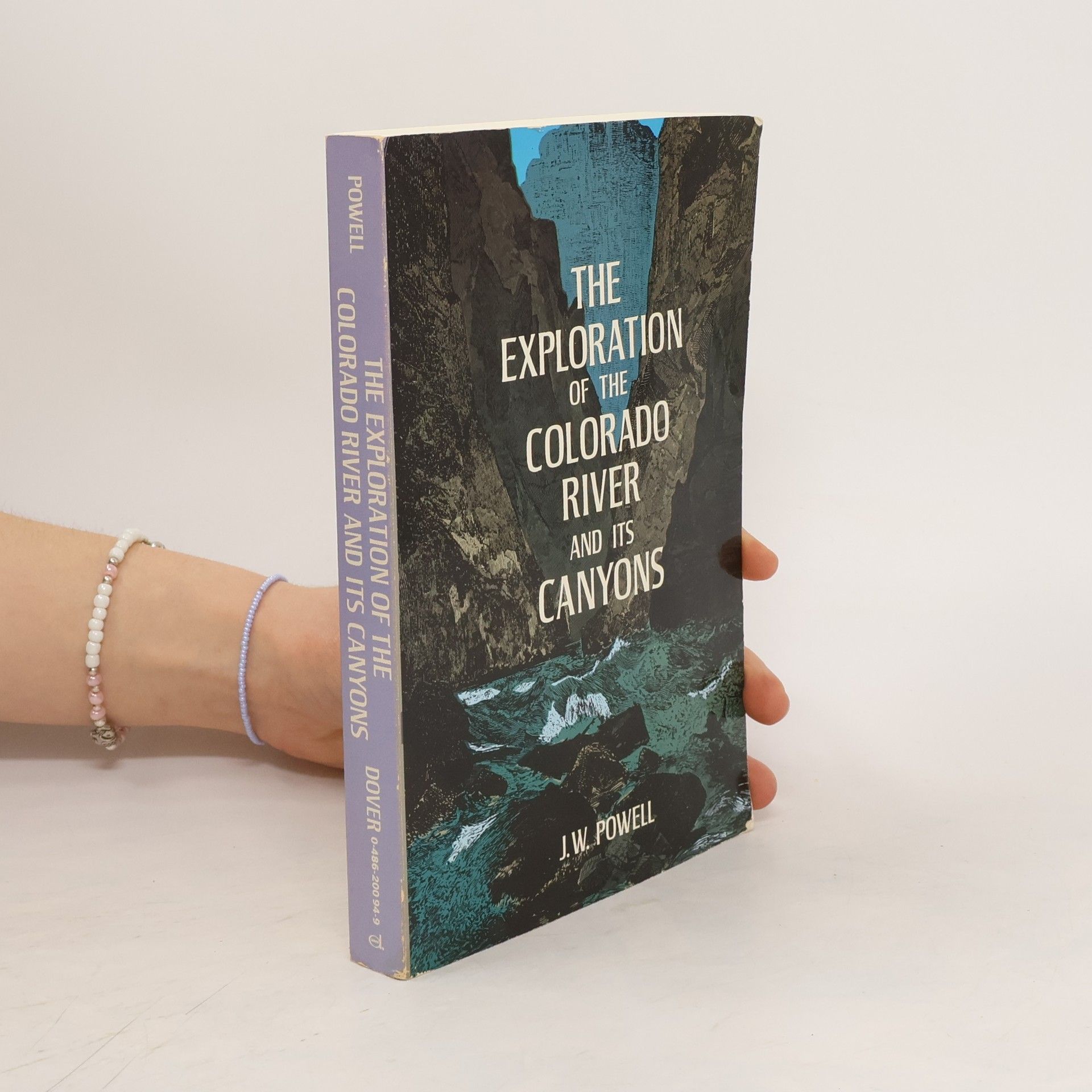Das Tagebuch John Wesleys
- 486 Seiten
- 18 Lesestunden
John Wesley Powell war ein US-amerikanischer Soldat, Geologe und Erforscher des amerikanischen Westens, der vor allem für seine Expedition im Jahr 1869 bekannt ist. Diese dreimonatige Flussreise auf dem Green und Colorado River führte zur ersten Durchquerung des Grand Canyon. Seine umfangreichen wissenschaftlichen und ethnologischen Arbeiten prägten unser Verständnis des amerikanischen Westens.







"One hundred years ago John Wesley Powell set out to explore the Grand Canyon of the Colorado - something no man had attempted before. His official report of the voyage remains one of the great adventure stories in all the literature of the American West."
The great anthropologist's classic treatise on race and culture. One of the most influential books of the century, now available in a value-priced edition. Introduction by Ruth Bunzel.
The uncut version of Powell's narrative covering his exploration of the Colorado River.
Focusing on accessibility, this reproduction emphasizes large print to aid those with impaired vision. The publishing house Megali is dedicated to preserving historical works, ensuring that classic literature remains available to a wider audience.
Jeden z nejpozoruhodnějších přírodních útvarů světa, Grand Canyon, našel v geologovi Johnu Wesley Powellovi skutečně vynikajícího kronikáře. Díky Powellově vědecké všestrannosti se divák seznámí nejen s geologickými poměry, morfologií, faunou i flórou, ale i s etnografií Velkého kaňonu. Kniha Průzkum řeky Colorado a jejích kaňonů však není jen monografií skvostného kusu přírody Spojených států, ale je také (auto)portrétem vědy konce 19. století, jíž často nespravedlivě přisuzujeme pejorativní přívlastek pozitivistická. – Doslov Václav Cílek.